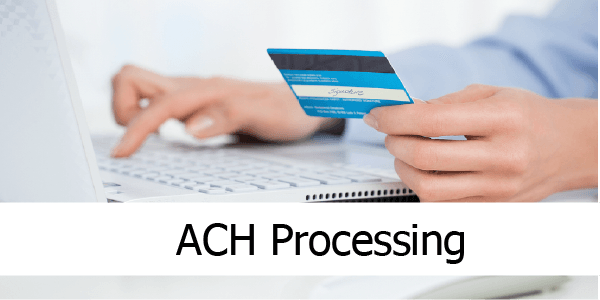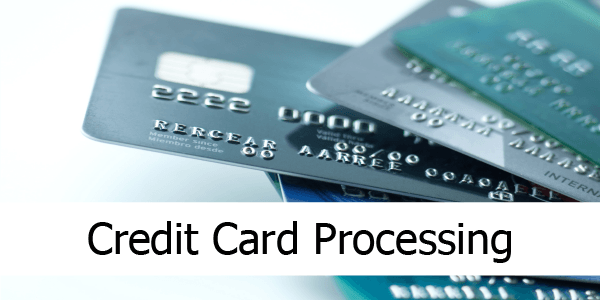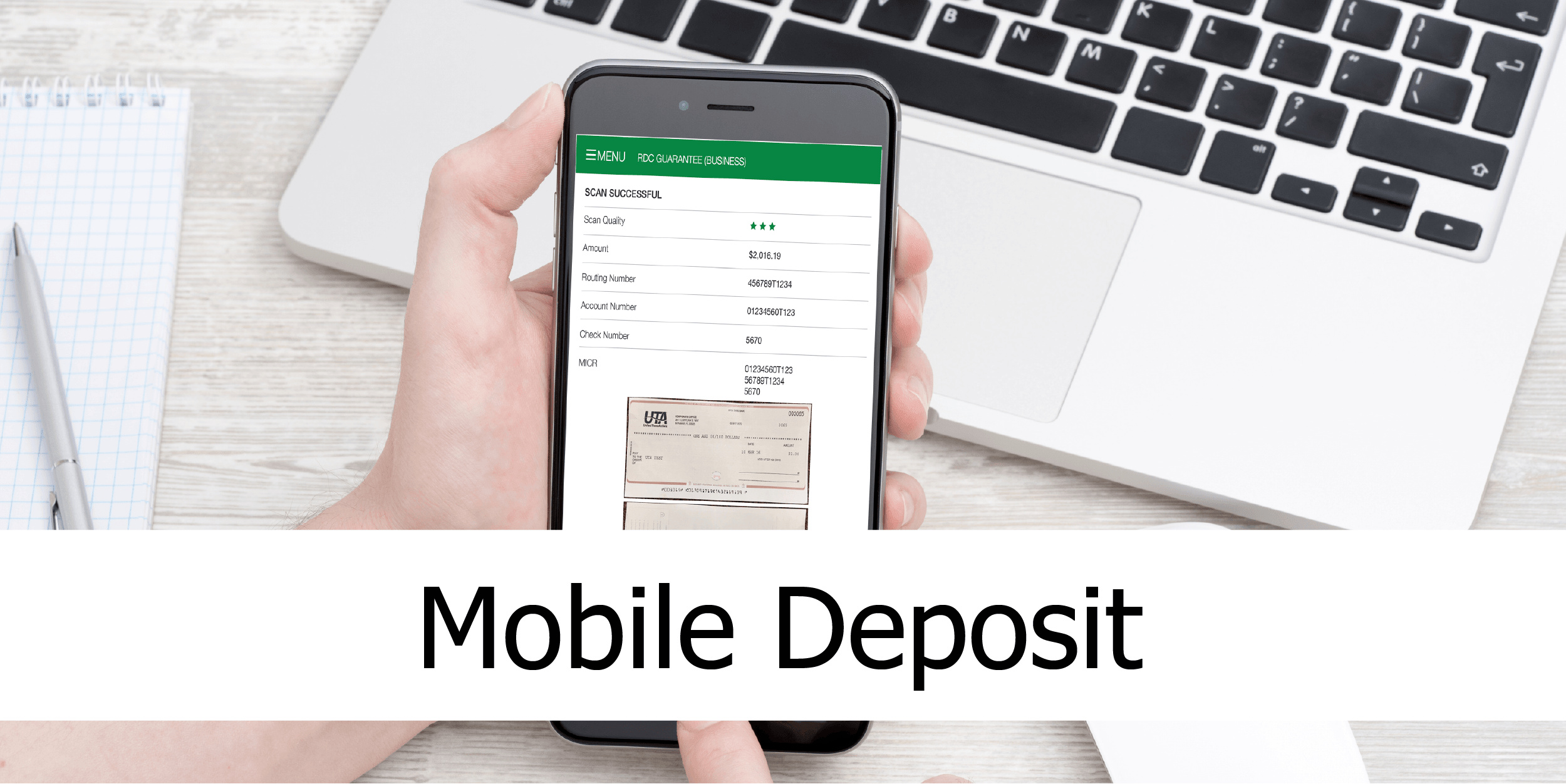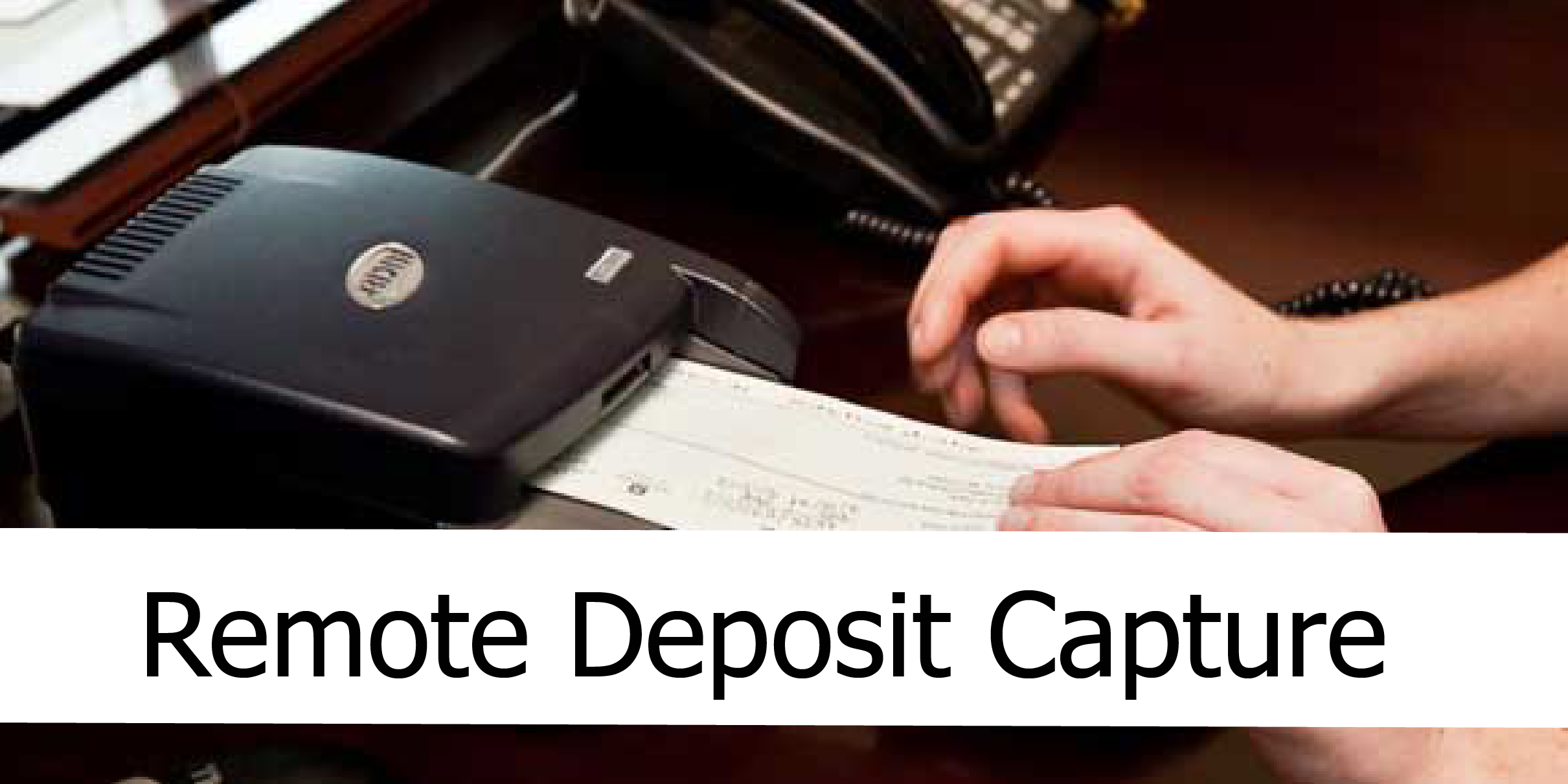Processing Paper Invoices Costs Businesses Average of $171k Annually
October 01, 2021

Companies are reexamining their payment tools as they work to more swiftly and seamlessly send and receive payments. Buyers want to use less-expensive payment tools while suppliers want to receive their funds quickly. Ditching paper checks for B2B transactions conducted via virtual cards could benefit both parties. It’s a digital upgrade that would solve other problems too, saving B2B billers and payers time, aggravation and lots of money.
In fact, the average annual cost businesses incur from processing paper invoices is $171,000, according to The CFO’s Guide To Digitizing B2B Payments, a PYMNTS and Comdata collaboration. It is probably no surprise then that 74% of accounting staff reported the existence of frictions when manually processing invoice data. Conversely, 60% of firms that automated invoicing and expense management reported a decline in missing invoice cases.Keeping It Safe
“The premise of virtual cards is that they’re a lot more secure to use in the context of B2B payments,” Sridhar Narayanan, IBM Distinguished Engineer and CTO at IBM Payments Center, told PYMNTS.
Narayanan and Mike Cook, senior partner and head at IBM Payments Center, were interviewed by PYMNTS for the report and spoke about how the digital shift is affecting the B2B payments space.
During the pandemic, they said, employees and consumers of all generations, even those who had been digital holdouts, began using online and mobile tools to meet their professional purchasing needs.
The world was already witnessing a large-scale push toward virtualization, so companies must find ways to securely digitize their payments.
Virtual cards are emerging as a key consideration for numerous firms as they look to better protect themselves from cybercrime.
Digital cards can protect B2B payments by giving buyers temporary, one-time-use codes for individual payments, thus preventing them from transmitting sensitive card details.
Offering Control Measures
These tools also offer buyers various control measures, such as the ability to limit transactions to certain sizes or merchants.
Digital cards can also offer firms benefits beyond security as long as buyers and sellers have the right integrations to unlock these advantages.
Businesses that integrate their accounts receivable (AR) and accounts payable (AP) systems with cloud-based virtual card platforms to initiate, process and settle transactions can gain greater visibility into these payments, which allows them to better manage cash flow.
These integrations also set up sellers with straight-through processing for swift reconciliation.
Optimizing B2B Processes
For these and other reasons, many businesses are finding that virtual cards and other digital payment tools offer key advantages to optimizing their B2B processes.
In order to benefit from these features, corporate buyers are leveraging virtual cards and vendors are adopting automated solutions that can help them easily receive and process card payments and their associated data.
With both parties reexamining their payment tools, the friction involved in sending and receiving paper checks can be eliminated, and the secure, streamlined processes of digital payment tools can be put in place.
Source: www.pymnts.com









